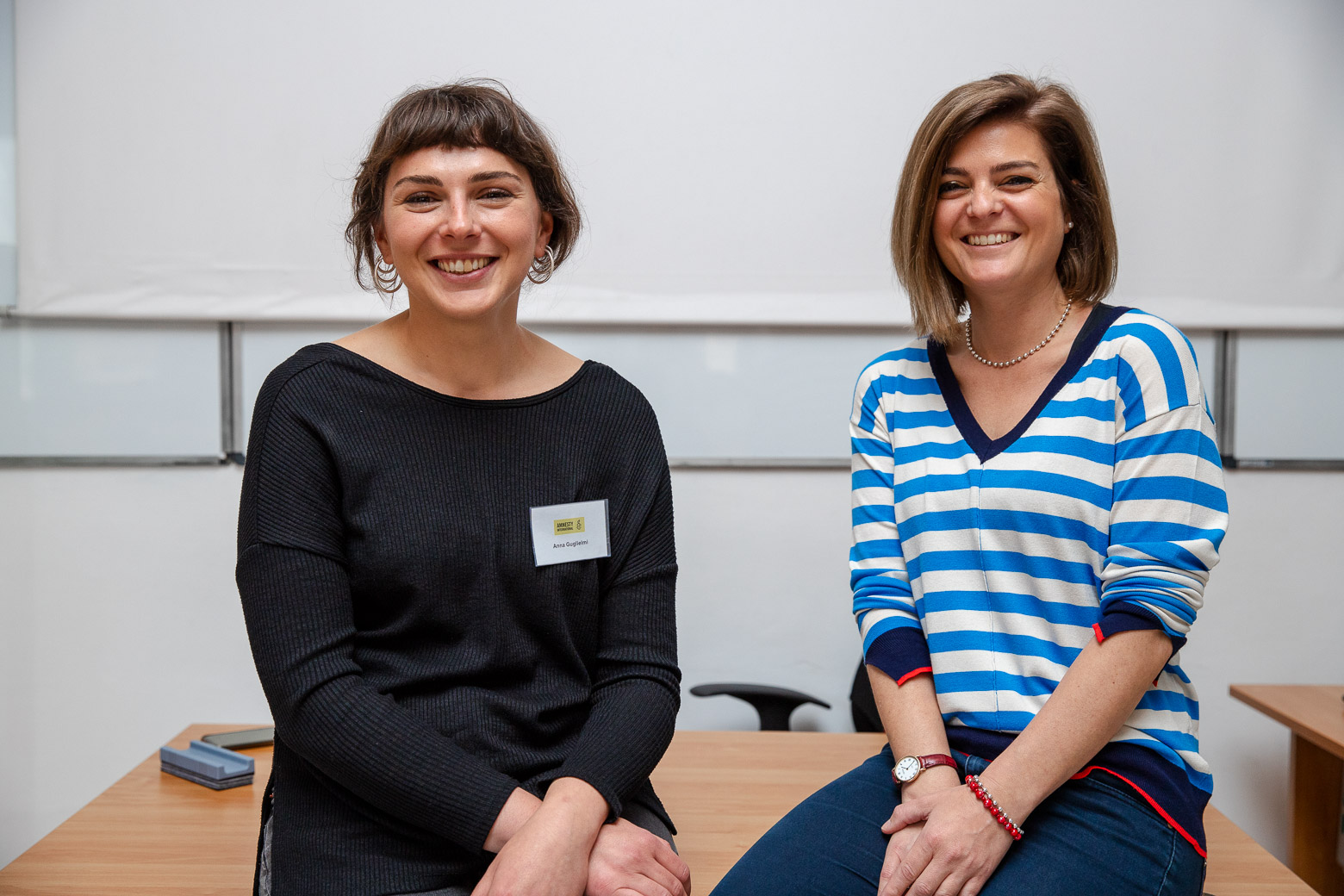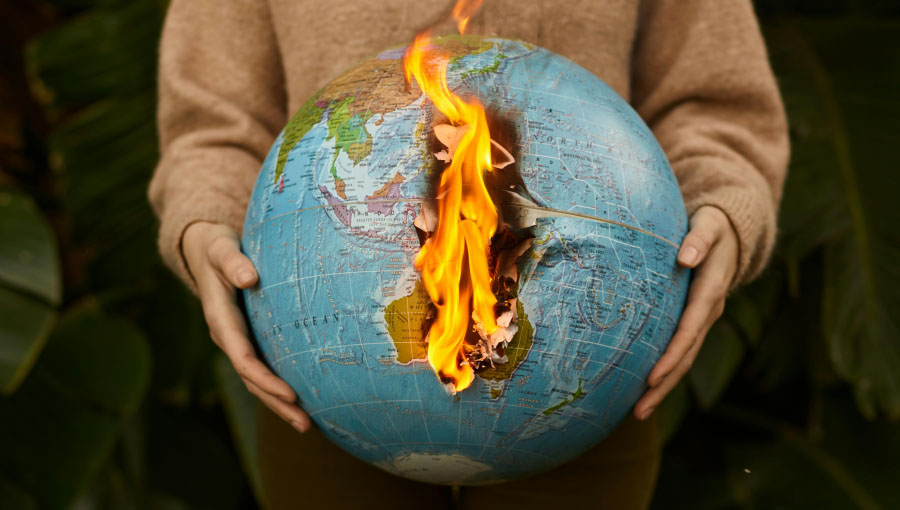Connecting Across Cultures: UEFA Euro 2020 Volunteer Programme
John Cabot University hosted Irene Marcatto, local organizing structures (LOS) Volunteer Manager, and Bernardo Baldo, LOS Volunteer Coordinator, in the context of Professor Antonella Salvatore’s EXP1004-Professional Skills for Career Development course on October 25. Marcatto held a presentation on the Union of European Football Associations (UEFA) Euro 2020 volunteer programme in Rome to explain the details of the event and the volunteer selection process. The final stage of UEFA Euro 2020 will be held from 12 June to 12 July 2020 in 12 countries in Europe to mark the 60th anniversary of the quadrennial international soccer tournament.
UEFA Euro 2020 will be hosted in 12 different cities, from Dublin to Baku (Azerbaijan). Rome will host four matches, including the opening ceremony and the first match, on June 12. Marcatto underlined that, since the tournament takes place in so many different cities, one of the main challenges is to implement different communication strategies, both for the event and for the volunteer program, considering each country’s background.
The message that UEFA 2020 wants to convey is that soccer can connect different countries and different cultures. This concept was translated into the image of different bridges connecting the names of all the host cities. The volunteer program itself aims at creating an inclusive environment, where supporters coming from different states can feel welcome in each host city. For this reason, in addition to the matches, supporters can experience UEFA festivals and watch matches together, or attend concerts and performances.
The volunteers involved in this project are 12.000, which means an average of 1.000 per city, depending on the size of the local stadium. Usually, 70% of the volunteers work only during the matches and are involved in spectator services, such as info points or crowd management. The remaining 30% support the UEFA managers in daily activities, not only during the matches but also during the preparation and dismantling of each event.
Marcatto said almost 20.000 interviews take place to select the volunteers. She explained that there is usually a double interview, in order to shorten the selection process and to have a clear idea of the candidates’ interpersonal skills. Interviewing two candidates together allows the managers to understand how people interact.
Working for such a big project gives volunteers a wide range of hard and soft skills, which will be employable in their future careers. “The reasons why so many people apply for our program are various. Some of them assert that they want to see how UEFA works from the inside. Others, especially volunteers in their 40s, see it as a once-in-a-lifetime opportunity to participate in such a high-profile sports event. Other people just want to contribute to the good image of their city, making visitors feel welcome.”
(Giorgia Tamburi)






